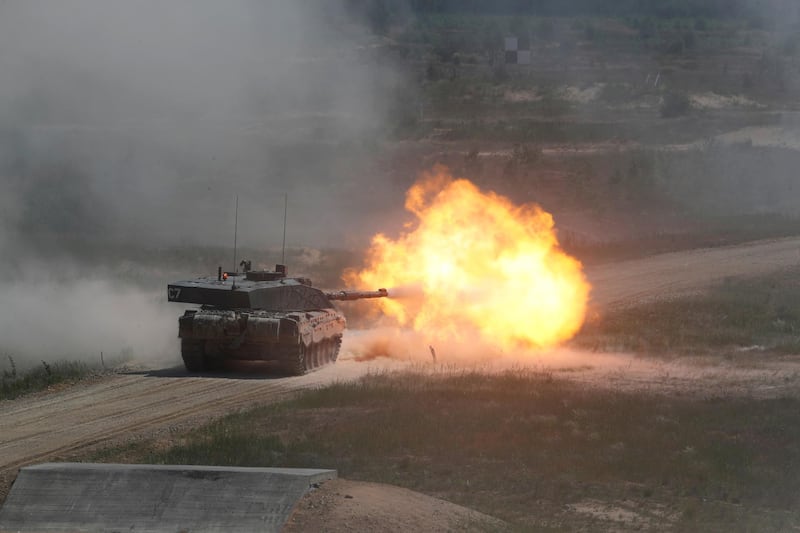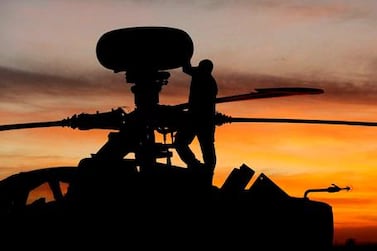The British government has been accused of a confused approach to the defence review it hailed as the most important since the end of the Cold War, a damning report has said.
The UK parliamentary Defence Committee has released a critical report published today stating that to date the Integrated Review lacked leadership at a time when there were “significant geopolitical shifts in power”.
There was as yet no “coherent vision on how the Armed Forces will fight in the future” and those conducting the review did not give any idea of “the platforms, weapons and personnel” required.
In particular, the report raised suspicions over the role of Prime Minister Boris Johnson’s top adviser, Dominic Cummings, who has taken a keen interest in the military and security services visiting top secret headquarters for special forces, MI6 and defence research laboratories.
Warning against a “behind-closed-doors” approach, the committee also called for clarity over which ministers would chair important meetings if Mr Johnson was not attending. Mr Cummings might influence the review especially with the looming departure of national security adviser, Sir Mark Sedwill.
Britain also needed to make a full assessment of the activities of "hostile states" such as China and Russia to make an informed plan for its future security, the report, In Search of Strategy, stated.
It called for a “robust assessment” of the threat Moscow and Beijing posed to British interests, especially in light of the Covid-19 outbreak. “Within this context, it is important to consider how hostile foreign states may utilise the pandemic to their advantage,” it said.
The report also found that both Russia and China were “employing disruption as a major tool” and that Britain needed to assess the “full range” of economic and diplomatic activities in which the countries were involved.
The review needed to be based on a clear view of the world and a detailed vision for the UK’s role within it, “rather than short-term economic considerations” with deep cuts to the Armed Forces merely to save money.
“We have repeatedly called for clarity and transparency from the government,” Tobias Ellwood, the Defence Committee chairman, said. “These calls have at times been left unanswered. A number of unknowns remain, including the key players at the heart of the review. A policy review of this importance should not take place behind closed doors.
“We are concerned that the gap between this expectation and reality is widening,” he added.
The prime purpose of the review must be to “ensure our defence posture is upgraded to match emerging threats and protect our developing interests”.
Failure to address the problems in the Armed Forces, such as ageing armoured vehicles and dwindling troop numbers, would mean an opportunity lost, the report concluded. A “realistic assessment” of Britain’s strengths and weaknesses following Brexit and a changing international landscape was required. There was also a need for “strong political leadership and strategic analysis”.








